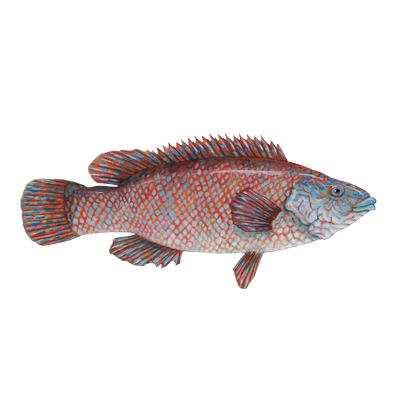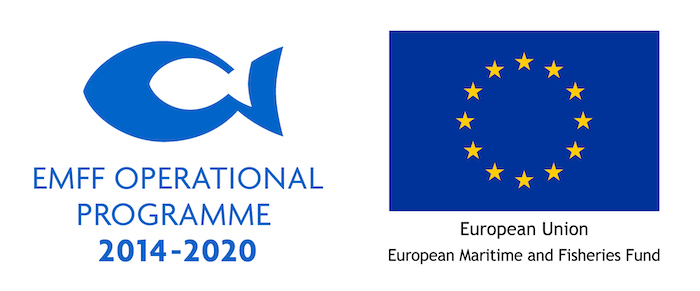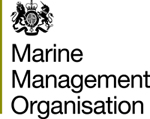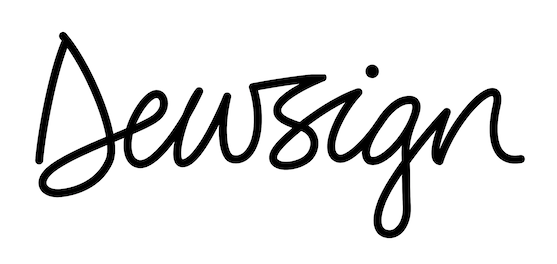

A colourful fish popular with divers and snorkelers. This is not traditionally caught by Cornish fishermen however, in recent years its commercial value has increased and this species is now being sold to Japanese restaurants where it is prized as sashimi. There is also a fishery for live juvenile ballan wrasse which are used as cleaner fish in salmon farms, where they eat parasites on the salmon and aim to limit spread of disease within the farms.
Ballan wrasse are a common species around Cornwall but one that has not been commercially targeted until recent years. Little is known about current stock levels and there is no management in place to prevent potential over fishing.
In 2021 a total of 1 tonne of ballan wrasse were landed to Cornish ports.
Updated April 2024
Cornwall
Gill nets are lightweight nets made of nylon (monofilament) fishing line that are anchored to the seabed and are used to catch fish by entangling the gills.
Learn moreCornwall Good Seafood Guide rates fish on sustainability using a scale of 1 to 5.
1, 2 and 3 are recommended, Fish to avoid are rated 5.
We use the system devised by the Marine Conservation Society (MCS) so our scores are comparable with the scores produced by MCS for the UK and fisheries from all around the world. For more information on scoring click here.
There is no information on the stock of this species. There may be an issue with misreporting as MMO data shows landings of Ballan wrasse to be low but landings of wrasses is increasing with landings increasing from less than one tonne per year in the late 1990's to over 5 tonnes per year in 2012 and 2013 nationally. Landings to Cornish ports have remained around one tonne following a large increase from 2017 to 2018.
There is currently no minimum landing size enforced for this species. They are caught as by catch in red mullet and bass nets and may be being targeted by anglers. There is no limit on the catch of this species (no quota). If this fishery becomes more commercially important this will be needed to be addressed.
There is a small scale fishery for live wrasse to be used as cleaner fish in salmon farms that first started in 2012 in Cornwall. Cornwall IFCA have brought in strict regulations on this fishery limiting its extent in terms of areas that can be fished and limiting the number of boats involved. This has resulted in a highly controlled fishery which to date has not resulted in any observed adverse impact on wrasse stocks. Use of cleaner wrasse in salmon aquaculture is a highly dubious practice in terms of ethics and effectiveness.






Cornwall Good Seafood Guide is underpinned by the Marine Conservation Society (MCS) Good Fish Guide. The first UK consumer guide to sustainable seafood. For more information visit www.fishonline.org
Cornwall Good Seafood Guide is here to help us all make sustainable seafood choices. Choices that will help us keep the oceans healthy and Cornish fishers' futures safe. This website is funded by Cornwall Wildlife Trust. If you would like to make a meaningful difference to the health of our oceans, please consider making a donation to the Cornwall Wildlife Trust Ocean Emergency fund. Your donation will help safeguard these remarkable environments, ensuring that they continue to thrive for generations to come. Together, we can be stewards of the seas and champions for a healthier, more sustainable future.